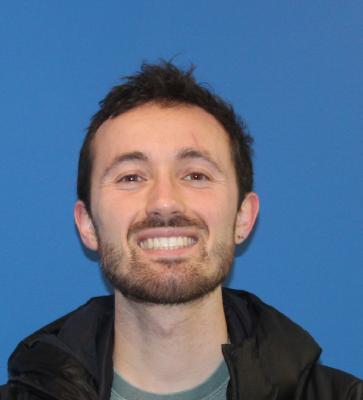FLAS provided me the opportunity to participate in the CET Summer in Brazil 2023 in São Paulo, Brazil through Tulane University. I spent six weeks with a cohort of roughly thirty other students learning Brazilian Portuguese and about the history and contemporary social issues of Brazil. I took two courses: Advanced Immersive Grammar & Writing and Current Social Issues in Brazil. Both courses operated in Portuguese and the faculty at CET set a high bar for full linguistic immersion from the beginning. I fondly remember our teacher playfully threatening “Janela!” (“[Out the] window!”) any time she perceived something being said in English. Our grammar course involved a full exploration of the various tenses, moods, and aspects of the Portuguese language, as well as exposure to various literary pieces important to the history of Brazil. We were assessed with written, auditory, and oral exams, as well as through a couple presentations about social issues and blog posts. Our social issues course aimed to present us with a broad overview of the full history of Brazil as a nation — everything from pre-colonization to modern day politics — all with the goal of providing the necessary context to understand the state of Brazilian social issues. We had regular read and watched materials prior to class in order to hold class discussions, as well as culminated our studies in writing final papers about a contemporary social issue of our choice.
For me, a great part of the cultural and linguistic immersion involved staying in an apartment shared between four American students, two of whom were heritage speakers of Brazilian Portuguese, along with two Brazilian flat mates. We used our downtime to explore the city, travel, and hang out together. I learned a lot from my housemates, especially about operating as a young adult in the city. Of course, we were exposed to many novel foods, customs, spaces, and events, all of which I really appreciated. For instance, we visited a space called Cooperifa, which is a cooperative (cooperativa) in the periphery (periferia) of São Paulo which hosts open-mics where dozens of poets, artists, and performers present their work and thoughts. Witnessing one of these open-mics exposed me to the strong sentiments of collectivism, healing, and intergenerational support within the community. And having access to the language helped me to better appreciate this event.
My situation was a bit unique, as I applied for FLAS as a doctorate student in mathematics. While the majority of students in my program were undergraduate and graduate students in history, language, and business, I still benefited from taking courses on language and history. In particular, mathematics is often treated as an ahistorical subject — more or less a collection of results. But in my time in Brazil, I became aware of the study of ethnomathematics, or the markedly historical study of how mathematical concepts (mathemas) were developed in response to environmental challenges (tics) across various peoples (ethnos). In completion of my final paper for my social issues course, I researched ethnomathematics in Brazil and produced a final paper in Portuguese that highlights the history and current state of mathematics for the indigenous Brazilian population. One fun way in which I was able to contribute to this topic was that: after noticing that a particular indigenous boardgame similar to checkers in one my readings had no online counterpart, I wrote the JavaScript code to host a playable version of it online.
In the future, I hope to use the language and cultural skills I acquired in Brazil to expand my ability to teach and research mathematics in Portuguese and with Portuguese speakers. I have already connected with many Portuguese speakers who may serve as future collaborators on research mathematics questions, as well as benefited from being able to read existing mathematics papers in Portuguese. I aim to teach mathematics after receiving my doctorate, and would be excited to get to teach it to various groups of people across linguistic boundaries. Finally, I am now able to speak to some of my extended family in their native language, which I cherish the ability to do.
My Summer in Brazil taught me that I can learn and do much more than of what I thought myself capable in a short amount of time, and it provided me a lasting skill that has connected me with many people throughout and beyond the experience. I am very grateful to have received this opportunity, and I encourage everyone to consider how such a linguistic experience could enrich their life as well.
